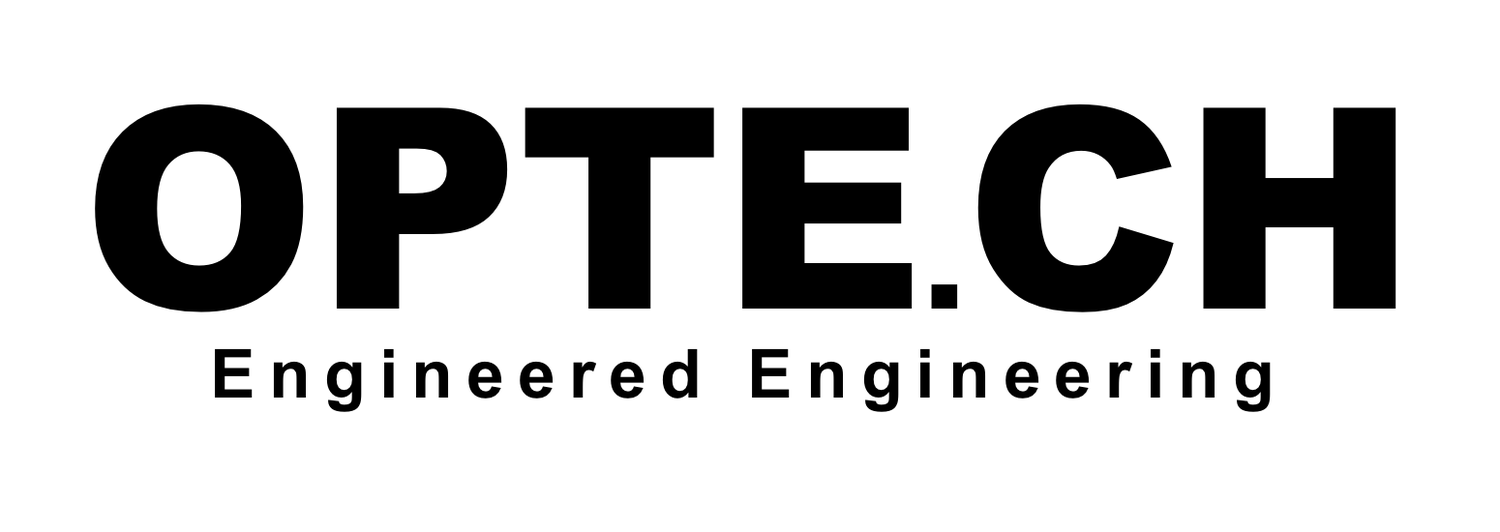Throughout the switch from a Microsoft based solution (Outlook, SharePoint, Office, etc.) to a Google based solution, I witnessed a great deal of frustration, anxiety, and even anger. Why? A full generation of people have never used anything besides the Google solutions, and it works just fine for them. It is clear to me that there are two fundamental considerations - what is the problem, and how do we solve it? This applies broadly beyond technology, but I'll leave that part to the philosophers.
Of those that struggled with the Microsoft to Google change, many had MSN, Hotmail, or Comcast personal email addresses, so this was very new territory for them. Their goal was clear, find a way to do with Gmail exactly what they were doing when they used Outlook - rules, formatting, distribution lists, folder structure, email retention methods, etc.
Rather than taking an opportunity to re-evaluate how the fundamental problem (efficient email communication that is well organized) was solved, they wanted to fit the new software to the old flow. This is a single example that demonstrates a common theme in large bodies of people, be it companies or governments. Change is slow because there is an inherent cost to change beyond the fiscal cost. This results in "ghosts," or traces of the company's original ways, that haunt the employees for decades. When business decisions are based on these artifacts, often the best solution cannot be implemented with the old software. I suspect this plays a role in what ultimately brings about the demise of most large companies; there is, after all, a cycle.
This question has been asked of Apple many times, even directly to Tim Cook in his interview with Brian Williams (10:05) - how do you avoid the natural life cycle of a company? Is it even possible? I suspect Apple has a lot of historical artifacts internally as well, but something tells me that they're thrown to the wind in favor of the "right" solution much more often than the average company.
The only way to avoid this is to hire extremely curious and open minded people, but that isn't sustainable at a massive scale. The type of people that view the change as a way to improve upon the way things are done. Note that this isn't an engineering vs. non-engineering dilemma, I have seen more than enough instances of engineers and non-engineers alike excitedly exploring the changes while others avoided and complained about it.
Whenever possible, take change as an opportunity to clean house, re-evaluate how the original problem might be solved with new technology or software, and perhaps ultimately avoid being a "hoarder" of the old ways.
